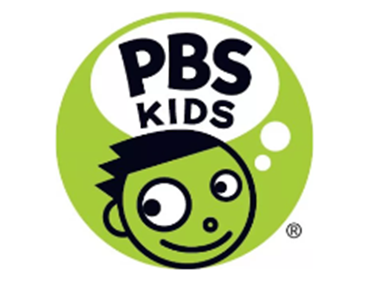PBS KIDS Games

PBS KIDS Games is a free app and a great supplement to PBS’s legendary, kids TV programming and original series. Young kids will love the games built around their favorite PBS characters and shows: Daniel Tiger, Elmo, Curious George, Wild Kratts, The Cat in the Hat, and Dinosaur Train.
Parents can feel secure that their preschoolers are getting fun, educational content with no ads. The educational components include letter and word recognition, naming objects, math shapes, and solving puzzles. While the app is designed for kids ages two to eight, it’s really best for little ones under 5. It's particularly ideal for those who haven't yet started kindergarten, since older kids are likely to find the app too childish.
BrainPOP

Like Khan Academy, BrainPOP is a one-stop-shop educational app: It has hundreds of animated educational videos, accompanied by interactive quizzes, activities, and games. The topics covered by the app are science, social studies, math, English, arts and music, health and social-emotional learning, and engineering and tech. The main difference between BrainPOP and Khan Academy is that the latter is better for high schoolers, while BrainPOP focuses on upper-elementary and middle schoolers.
BrainPOP Jr. is designed for kids in Kindergarten through third grade, and BrainPOP ELL is for English-language learners. Like Khan Academy, BrainPOP has Spanish- and French-language versions, and—because it’s aligned to the Common Core and state standards—it’s used by many school districts to supplement learning.
BrainPOP’s price tag is one thing that may give families some pause: It’s around $14 per month for a home subscription. However, many kids may be able to gain access through their school or teacher’s license. And it’s a particularly good option for homeschooled kids. Luckily, there are also some free apps affiliated with BrainPOP that are available on mobile devices: BrainPOP’s Featured Movie (also available in Spanish and French versions), BrainPOP Jr.’s Movie of the Week, and BrainPOP ELL.
Quizlet

Self-directed study is an important skill for high schoolers, and Quizlet is one of the most effective educational apps for material that a student will be tested on. Teachers and students can create study sets and flashcards on many topics—from the periodic table to U.S. presidents to vocabulary words. The Quizlet Learn feature provides different modes of testing, such as true and false questions and multiple-choice. And, based on the user’s performance, it increases in difficulty over time. Quizlet is particularly good for foreign language study.
Quizlet has over 500 million study sets already created by existing users and archived, so new users can search to see if materials had already been created that match up with their needs.
That said, like Wikipedia, the study sets aren’t fact-checked, so users need to be aware that they may contain errors. However, it’s a free and cheap resource (the Quizlet Plus membership that gives users access to all features is only around $35 per year), so users should weigh the benefits with the drawbacks.
Evernote

Evernote is a free note-taking and organizational app that’s used widely in the business world. It’s particularly helpful for managing projects and improving executive functioning skills, which is why it has filtered down to the student population.
It allows students to make notes and lists, to collect images and links, and to share and sync them easily across platforms and devices. Users can make separate notebooks (like folders) for each subject area, and tag notes for easy access. It also has a minimalist interface that helps students who tend to get distracted to stay on task and has editing tools like color-coding and highlighting. The microphone feature is especially useful for students who have difficulty with verbal memory.
Although Evernote’s Basic plan is free, it doesn’t give people access to all the app’s organization and sharing features. For example, users can only work with two different devices on the Basic plan, and it has a limited, monthly upload limit. The personal version costs about $7 per month and may be a good investment for students who find themselves using the app daily. There are also even more advanced versions for business use.
Resources:
verywellfamily : Best Educational Apps, Discover the best digital learning tools
Tarikh Input: 20/03/2023 | Kemaskini: 22/10/2024 | aslamiah
PERKONGSIAN MEDIA































